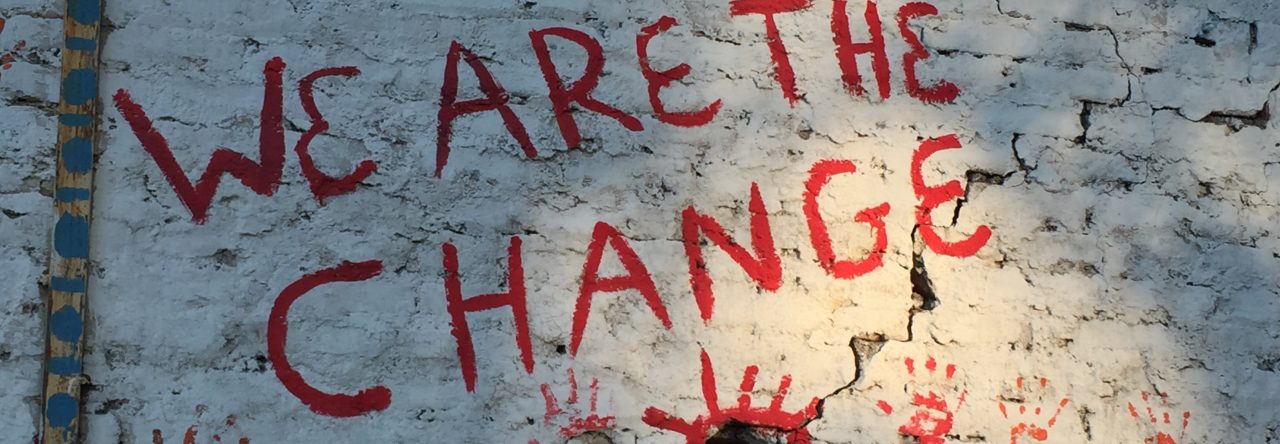If you have following my CALL OF (Parental) DUTY series of posts, you will know that my 13-year-old son and I are in an ongoing dialogue about video gaming. It began last October when he asked for CALL OF DUTY: Black Ops II for his birthday – and did not receive it. (You can read more about that in the post Part I Introduction.) Over the past year, his father and I have stood by our decision not to allow our son to play violent M-rated games in our home. We feel that it is our own duty as parents to draw that line as to what is appropriate for our son to play. While we have reached a truce on the subject of Black Ops II and other M-rated games, we continue to have discussions about the pros and cons of gaming. Not surprisingly, Sevrin is more dedicated than I am to finding and sharing the pros of gaming.
Recently, Sevrin shared with me information about a charitable giving initiative in the gaming community through the Humble Bundle. I’ll let him describe it.
I originally learned about the Humble Bundle when I was on vacation, talking with my cousin Aidan. We were talking about one of the most common things known to teenage boys: video games. He mentioned an event going on in the gaming community where people donate as much as they want to charity and in return get 10 games. When I went home I decided to see what this whole thing was about. I was touched. Some parents do not approve of their kids playing video games for many reasons. Some think its a waste of time, others just straight up hate them. Then there are those who don’t see the point of buying them because they feel like it doesn’t benefit anybody. Well, for those people I introduce The Humble Bundle. The Humble Bundle is an organization that partners with game developers to help raise money for charity.
Basically, The Humble Bundle is a collection or (“bundle”) of digital games or media that are sold and distributed online at a price determined by the purchaser. This “pay what you want” model has proven very popular, and there have been Humble Bundles for music and eBooks as well as video games. With the Humble Origin Bundle, which launched on August 14, 2013, there was a twist: all sales from the bundle went to charity. Instead of “pay what you want”, it was “donate what you want”.
Here is Sevrin’s description
The best part of The Humble Bundle is that the choice is up to the buyer. You can donate as low as $1.01 to get the games. You can also choose what charity you are donating to. Best of all is, unlike most charities, YOU choose if you want to make a donation to the Humble Bundle organization or not. Personally, I found the whole idea ingenious. It’s beneficial to everybody involved in it. The organization itself gets the money to do these sales more often, the game developers involved get more publicity, the buyers get great deals on some of the best games of the time and the greatest part is that people get the satisfaction of knowing that all of the money they spend goes directly to charity.
And so, for the first time in my life, I bought a video game. A bundle of video games, that is. The only problem was that the Humble Origin Bundle contains some games that are M-rated and therefore not allowed in our house. Since there was no way to separate out the inappropriate games, Sevrin agreed that he would only play the games he is allowed to play. I agreed to trust him to keep his promise.
After talking it through with Sevrin, I decided that I would make a $10 donation for the bundle and let him choose which charities to support. He did some research into the charities and choose the following:
This provided a good opportunity to talk about charitable giving. (Since I work at a non-profit, I feel that this is an important thing to teach my kids about.) Sevrin chose to give the largest percentage of his donation to the Human Rights Campaign because equality and LGBT rights are issues that he cares about. He also chose to support Watsi, an organization that provides a global crowdfunding platform for medical care. What he liked about Watsi was that 100% of the donation directly supports medical treatment. The American Red Cross was so giant (number one on Charity Navigator’s 10 Super-Sized Charities list) and therefore must have so much administrative overhead that he decided not to support it. GameAid just didn’t grab him. But he thought it was reasonable to give Humble Bundle 50 cents of the $10 so they can keep up the good work.
The Humble Origin Bundle raised more than $3.5 million within a day of going live in August. As of August 28, 2013, the Humble Bundle has raised more than $22.5 million dollars for charity.
The current bundle sale is the Humble Comedy Bundle. With this bundle, however, you can support artists, charities or both. If you like standup comedy, you may want to check it out. But you have to hurry – as I write this, there are 5 days and 13 minutes remaining.
While we are not changing our policy on video gaming because of the Humble Bundle, it is good to see that the industry is taking steps to make a difference in the real world. I’m surprised that this kind of creativity in charitable giving has not been reported more widely in the mainstream media. So I will say it again:
Humble Bundle has raised more than $22.5 million dollars for charity!
Good on you Humble Bundle. That is truly gaming for a good cause!
Other posts in the CALL OF (Parental) DUTY series:
Part II “Freedom to Game is Important” – my son shares his point of view
Part III This Is Your Brain On Video Games – research on the impact of violent video games on brain function




You must be logged in to post a comment.